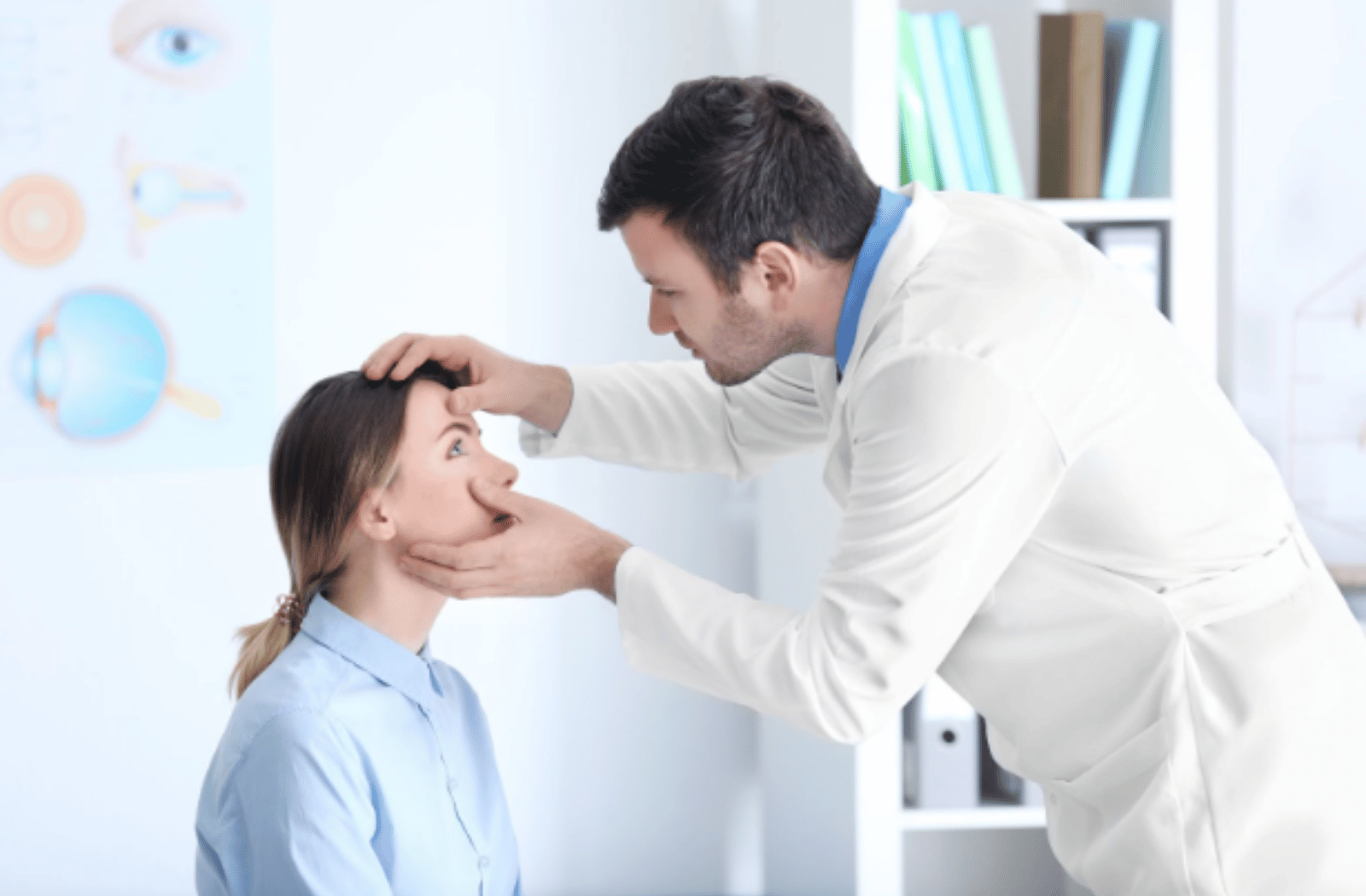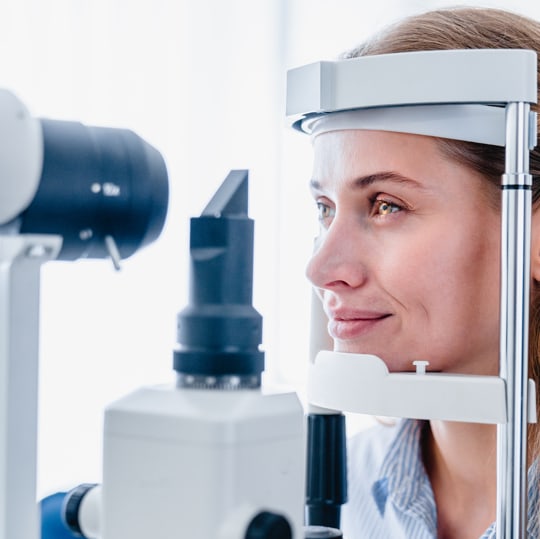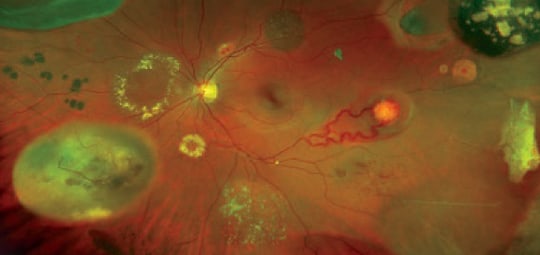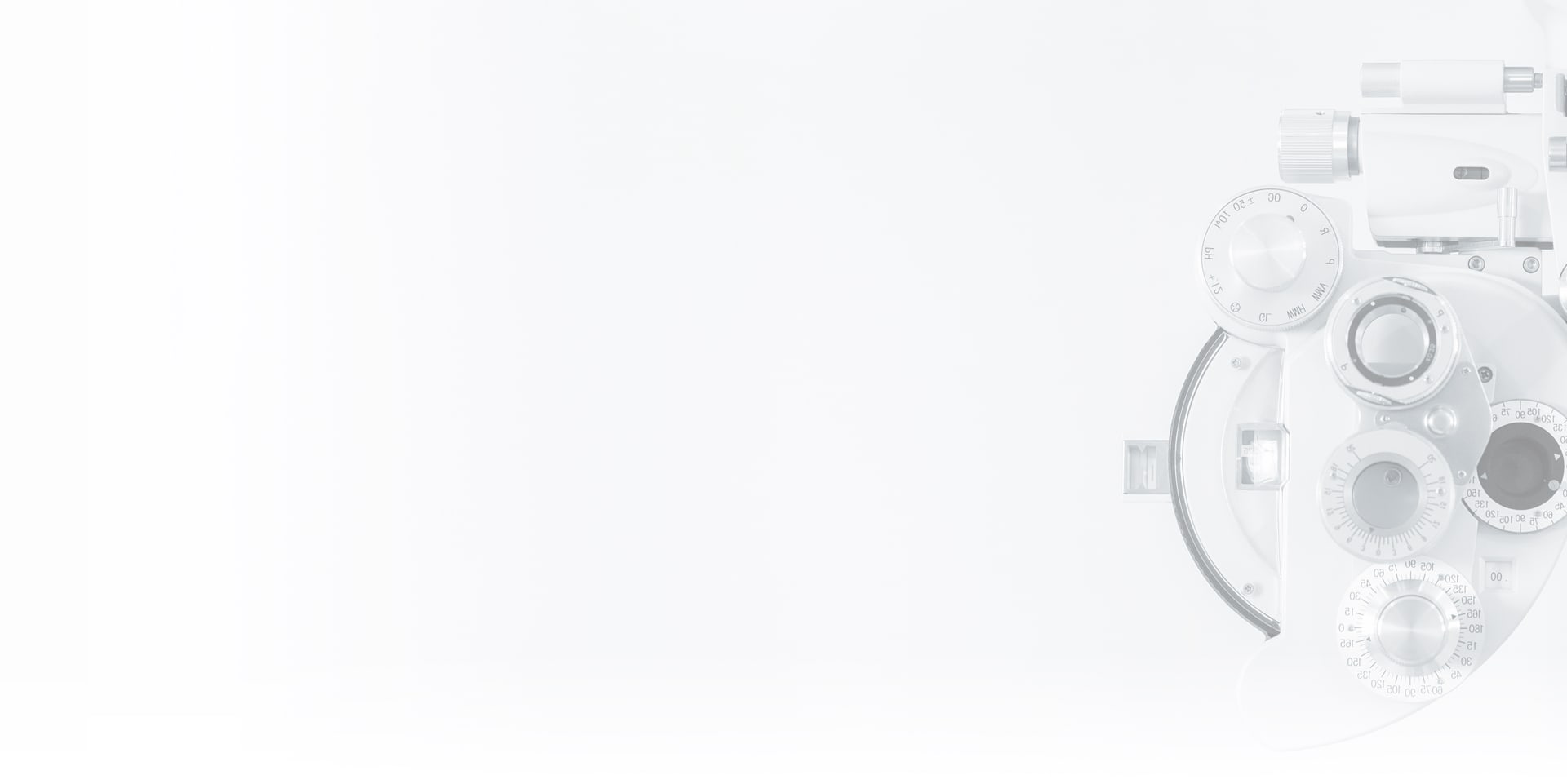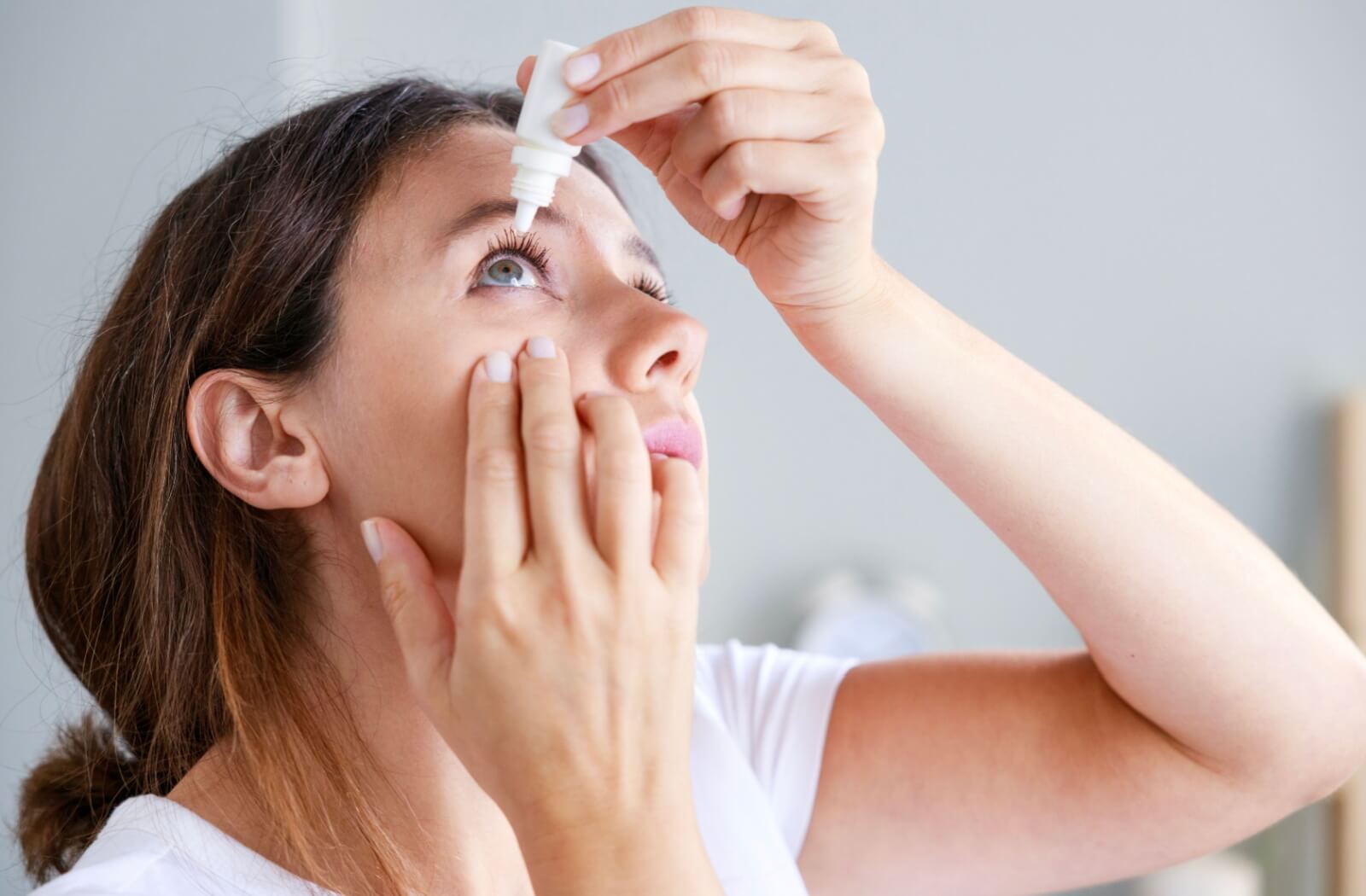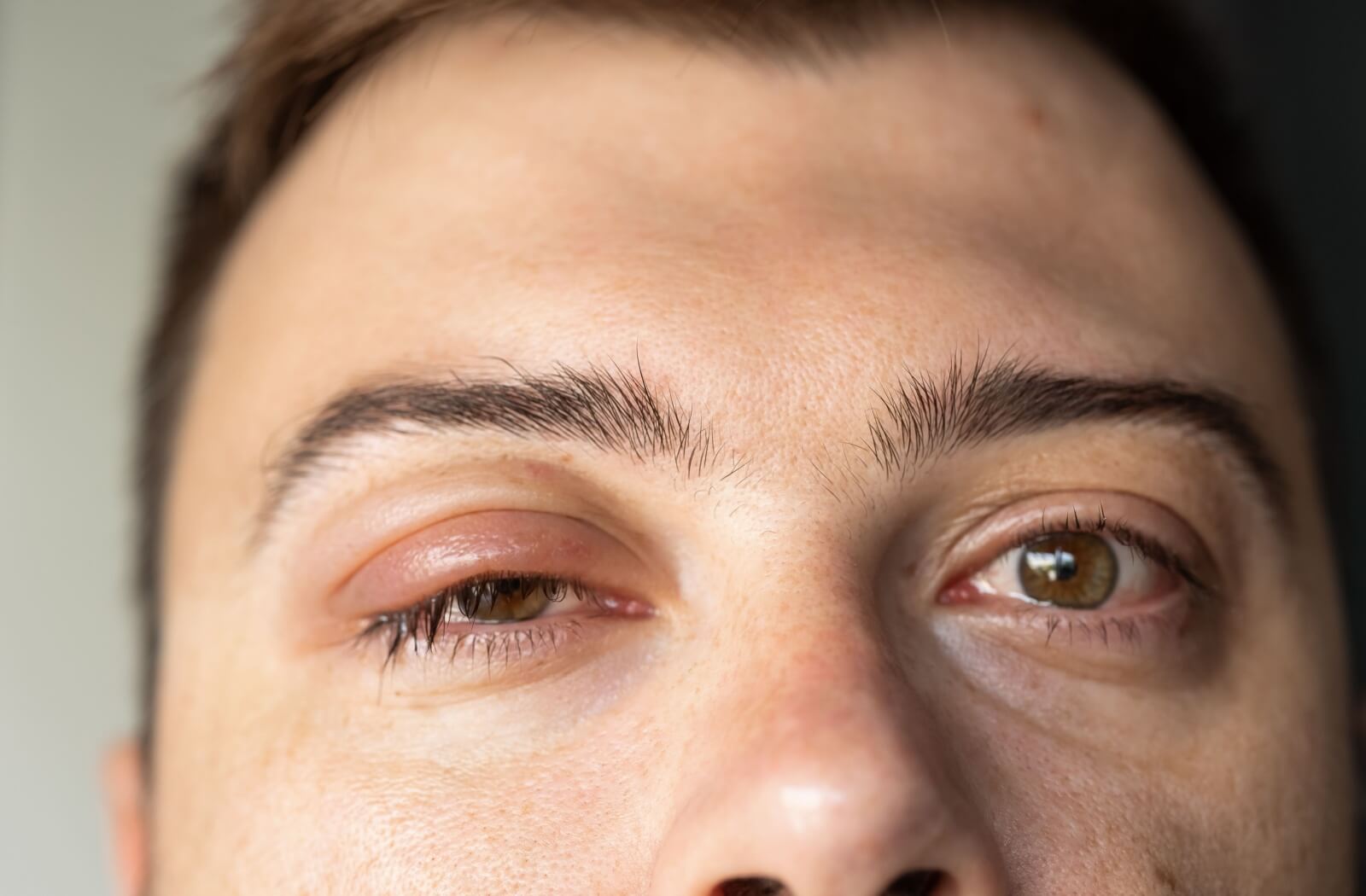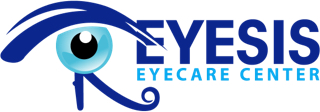We often overlook the profound truth that our eyes are not just windows to our souls but also our health. Regular comprehensive eye exams go beyond determining your prescription for glasses or contact lenses—they’re crucial in maintaining overall wellness. Glaucoma, cataracts, diabetic retinopathy, age-related macular degeneration, and cancer are just a few diseases that an eye exam can detect.
Early detection through regular eye exams plays a significant role in preventing vision loss and managing health conditions that could have wide-ranging consequences if left unchecked. Treatment options can be more effective by catching diseases early, potentially preventing vision loss or other health complications.
What Is an Eye Exam?
A comprehensive eye exam is a thorough procedure that evaluates every aspect of your vision and eye health. This process includes a series of tests designed to assess your visual acuity, check for common eye diseases, and evaluate how your eyes work together. These tests may include—but aren’t limited to—a visual field test, a dilated eye exam, and tests for glaucoma, cataracts, and macular degeneration.
How Often Should You Get an Eye Exam?
Everyone should prioritize regular comprehensive eye exams, regardless of age or health status. The Canadian Association of Optometrists recommends eye exams every 2 years for adults without significant vision problems. Individuals with existing eye issues might need more frequent examinations. Children should also undergo eye exams at 6 months, 3 years, and before first grade for proper vision development.
Common Diseases Detected During Eye Exams
Your eye doctor can spot the early signs of systemic conditions and eye diseases before you notice any symptoms. Conditions such as glaucoma, cataracts, diabetic retinopathy, and age-related macular degeneration (AMD), along with indicators of hypertension and high cholesterol, can be uncovered through careful examination of your eyes.
Glaucoma
Glaucoma, often called the silent thief of sight, gradually steals vision with little or no warning. During an eye exam, your eye doctor uses instruments to measure internal eye pressure and observes detailed images of your optic nerve to assess for signs of this stealthy disease. Early detection and treatment can slow or prevent vision loss, making routine eye exams an essential defence against glaucoma.
Cataracts
Cataracts are when the eye’s lens grows cloudy, blurring vision and making daily activities challenging. They are a common age-related condition. Eye exams help detect cataract presence and progression, guiding decisions on when surgery may be necessary to restore clarity.
Diabetic Retinopathy
Maintaining eye health is crucial for those living with diabetes. Your eye doctor will likely recommend a diabetic eye exam if you have or are at risk of developing diabetes. Diabetic retinopathy is a condition marked by damaged blood vessels in the retina and can lead to vision loss. Early detection through eye exams allows for interventions that can protect vision.
AMD
The macula is the part of the eye that provides sharp, central vision necessary for reading and driving. Age-related macular degeneration (AMD) affects the macula and reduces this central vision, eventually leading to blindness. Eye exams can reveal the early signs of AMD, enabling proactive measures to slow its impact.
The Hidden Signs of Hypertension & High Cholesterol
Sometimes, the first signs of hypertension—or high blood pressure—and high cholesterol are in the back of the eye. The appearance of blood vessels and the retina can alert eye care professionals to these conditions during an exam, often prompting further evaluation and management to avoid more serious cardiovascular events.
Detecting Cancer During an Eye Exam
Cancer detection during an eye exam is possible because the eyes provide a unique vantage point for identifying various systemic health issues, including some types of cancer. For example, ocular melanoma can appear in the eye’s uvea, iris, choroid, or ciliary body. It might appear as a pigmented patch or a mass in or on the eye.
Detecting potential signs of cancer during an eye exam doesn’t mean a definitive diagnosis can be made solely based on these observations. However, the findings can be critical red flags that prompt further medical evaluation and testing to confirm a diagnosis.
Vision Wellness Between Visits
Protecting your vision between visits is as important as the eye exam itself. Wear sunglasses with UV protection outside, reduce screen time to avoid digital eye strain, and maintain a balanced diet with vitamins C and E, zinc, and omega-3 fatty acids. Combine these practices with regular exercise and managing health conditions like diabetes and hypertension, and you can keep your eyes healthier for longer.
Take Action for Your Eyes & Health
If it’s been a while since your last appointment or you’ve never had a comprehensive eye exam, now is the time to schedule one. It’s a simple step that could positively impact your vision and overall health. Your eyes do more than see the world—they help you understand and navigate it safely.
Call our team at Eyesis Eyecare today to book an appointment. One of our optometrists can examine your eyes and help you keep them as healthy as possible.


